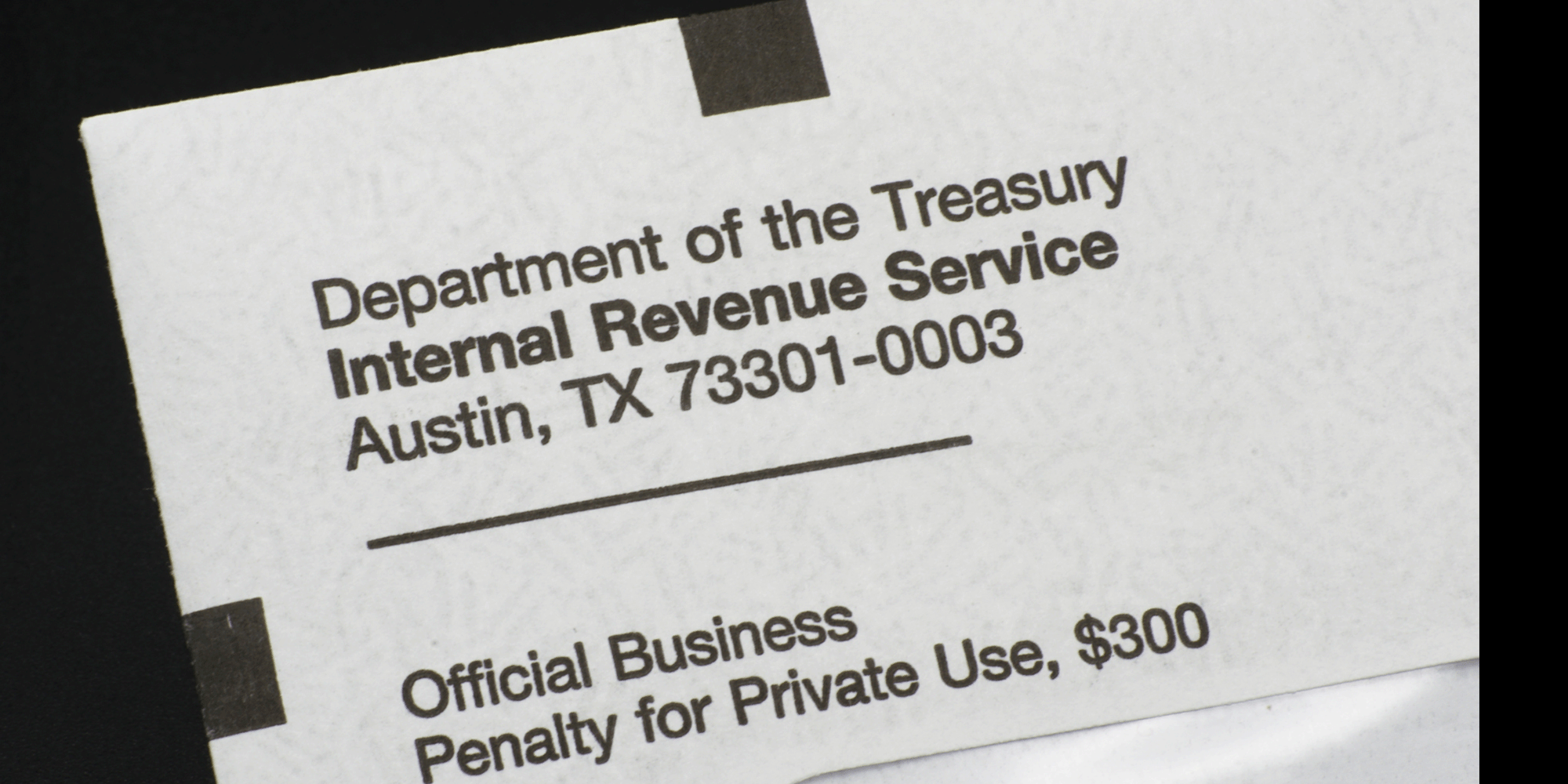What Is Insolvency For Tax Purposes?
When it comes to taxes, there are a lot of things that people don't understand. One of those things is insolvency. What is insolvency for tax purposes? How does it affect your tax bill? In this blog post, we will answer those questions and more.
There are a number of reasons why you might find yourself insolvent. Whatever the reason, if you are insolvent, it is important to understand how that will impact your taxes.
Determining Insolvency
There are two ways to determine if you are insolvent for tax purposes. The first is the "total liabilities" test. This test looks at all of your liabilities, including things like credit card debt, mortgages, and loans. If your total liabilities exceed your total assets, you are considered insolvent.
The second way to determine insolvency is the "fair market value" test. This test looks at the fair market value of your assets and compares it to your total liabilities. If the fair market value of your assets is less than your total liabilities, you are considered insolvent.
It's important to note that, for tax purposes, insolvency is determined on a case-by-case basis. This means that even if you don't meet the definition of insolvency under one of the tests, you may still be considered insolvent for tax purposes.
The Impact of Insolvency on Your Taxes
If you are insolvent, there are a few things that you need to know about how it will impact your taxes.
First, if you are insolvent, you can't use the carryforward of losses rule. This rule allows taxpayers to carry forward certain losses to offset future income. However, if you are insolvent, you can't take advantage of this rule.
Second, if you are insolvent, you can't use the capital losses carryover rule. This rule allows taxpayers to carry over certain capital losses to offset future capital gains. However, if you are insolvent, you can't take advantage of this rule.
Third, if you are insolvent, any debts that are forgiven will be considered taxable income. This means that if you have credit card debt or loans that are forgiven, you will need to include that in your income for tax purposes.
Finally, if you are insolvent, you may be able to discharge certain taxes in bankruptcy. This means that you may not have to pay certain taxes if you file for bankruptcy.
Reasons Why You May Be Declared Insolvent
1. Too Much Debt
There are a number of reasons why the IRS may declare you insolvent. The most common reason is that you have too much debt. This can be credit card debt, mortgage debt, or any other type of debt. If your total liabilities exceed your total assets, you will be considered insolvent.
2. Your Business Is Struggling
Another common reason for insolvency is that your business is struggling. If your business is losing money, it may be unable to pay its debts. This can lead to insolvency.
3. An Unexpected Expense
An unexpected expense can also lead to insolvency. If you have an unexpected medical expense or your car needs repairs, you may find yourself unable to pay your debts. This can lead to insolvency.
4. Divorce
Divorce can also lead to insolvency. If you are going through a divorce, you may find yourself with more debt than you can handle. This can lead to insolvency.
How to Avoid Insolvency
There are a few things that you can do to avoid being declared insolvent.
- One, you can try to reduce your debts. If you can pay off your credit cards or your mortgage, you will be less likely to be insolvent.
- Two, you can try to increase your income. If you can find a way to bring in more money, you will be less likely to be insolvent.
- Three, you can try to reduce your expenses. If you can cut back on your spending, you will be less likely to be insolvent.
- Four, you can try to save money. If you can put away money each month, you will be less likely to be insolvent.
Reasons to Seek Professional Help
For anybody who is insolvent, it is important to seek professional help. This is because the rules surrounding insolvency can be complex, and you may not be aware of all of the implications. A professional can help you understand how insolvency will impact your taxes and can help you determine the best course of action.
Contact Us Today To Get Professional Advice on Insolvency
If you find yourself insolvent, it's important to speak to a tax professional to understand how it will impact your taxes. Insolvency can have a significant impact on your tax bill, and you need to make sure that you are prepared for it.
Morris and Associates are experts when it comes to finding tax relief. We specialize in help individuals and companies find tax relief in Georgia, but can help no matter where you live. If you need help with back taxes or simply communicating with the IRS and finding the answers you need, contact us for help!
Posts by Tag
- tax problems (49)
- tax services (41)
- How the IRS Works (40)
- Resolving tax debt (38)
- Offer in Compromise (17)
- Tax News (14)
- 2023 Taxes (12)
- filing deadline (7)
- Tax Relief (6)
- Tax Preparation (5)
- 2020 taxes (4)
- Tax Advice (4)
- Avoiding an Audit (3)
- IRS Final Notice (2)
- Save Money (2)
- Estate Planning (1)
- Prior year returns (1)
Recent Posts
Popular Posts
Where's My Refund?
Just wanted to give you a...
An Offer-in-Compromise (OIC) is an agreement...
IRS IS CRACKING DOWN
The IRS has made it...

